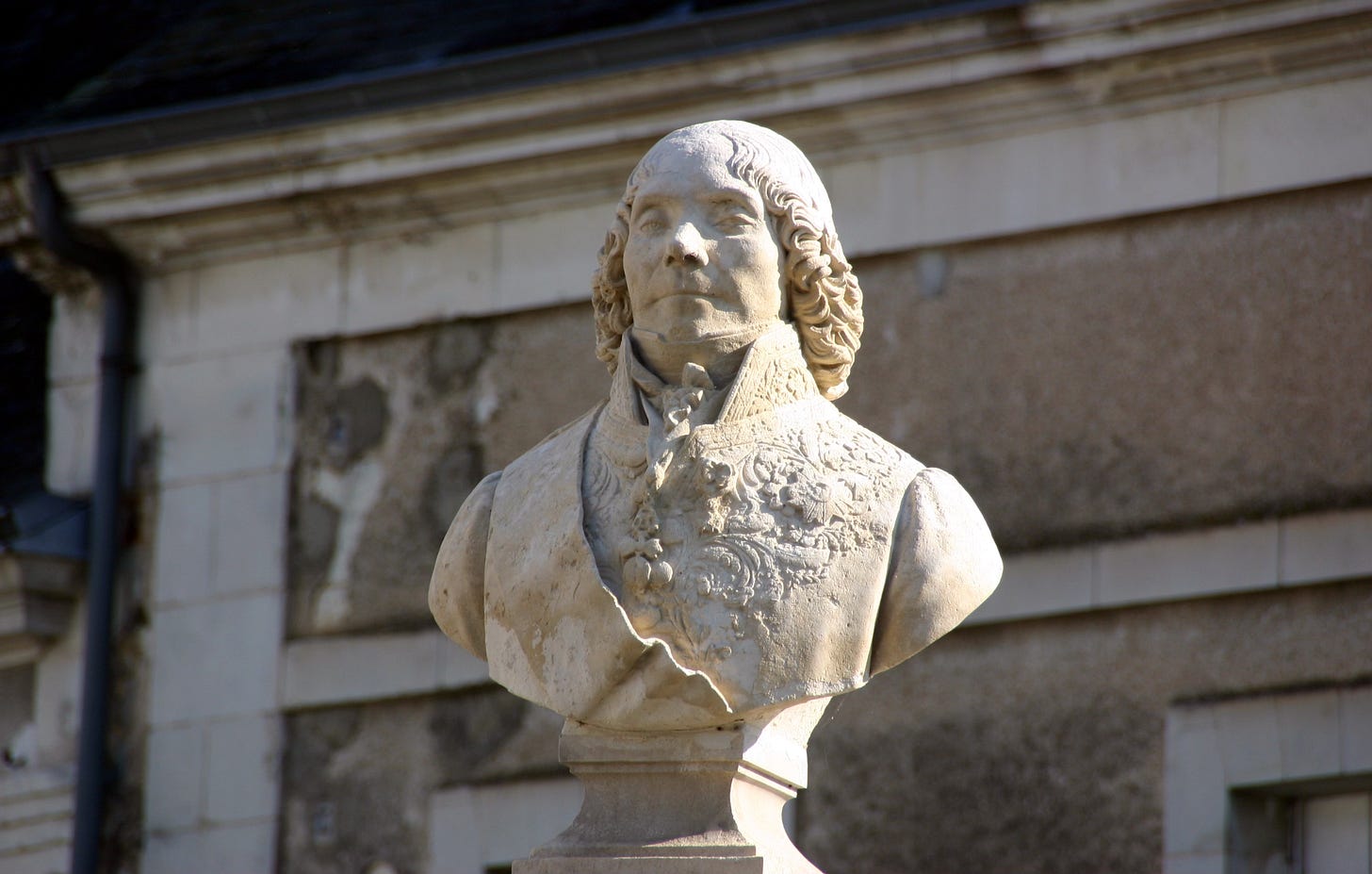One man against the world
Timely lessons for the Trump era from the careers of Talleyrand ... and Napoleon
From the beginning, Charles-Maurice de Talleyrand-Périgord’s life was a struggle. Born with a club foot and raised at a distance from his aristocratic parents, the young Talleyrand was dealt a stern fate: his younger brother would inherit the family name and title while Talleyrand, too lame to serve in the army, would become a priest.
The church, with its required celibacy for clergy, was not a natural home for the young man. That became clear when he met a woman while he was a seminary student.
“A chance encounter in a church, an offer to share his umbrella in the rain, led to an intimacy that lasted for two years,” wrote Duff Cooper, the English politician whose 1932 Talleyrand biography is a classic. “She was a young actress whom her parents had forced to go upon the stage against her will; he against his will was in process of becoming a priest. … the priest who could not love the Church found consolation in the ar…




